Twelve rutin from the great people who work from home
Categories: Celebrities | History | Society
By Pictolic https://pictolic.com/article/twelve-rutin-from-the-great-people-who-work-from-home.htmlFor those who remain "on distance", the channel "cinema" gathered twelve rutin great people who work (or worked) out of the house constantly. And also made the list of "cunning rituals" that helped the great Directors, writers, artists, composers, and actors to organize your day, to focus and achieve outstanding results.
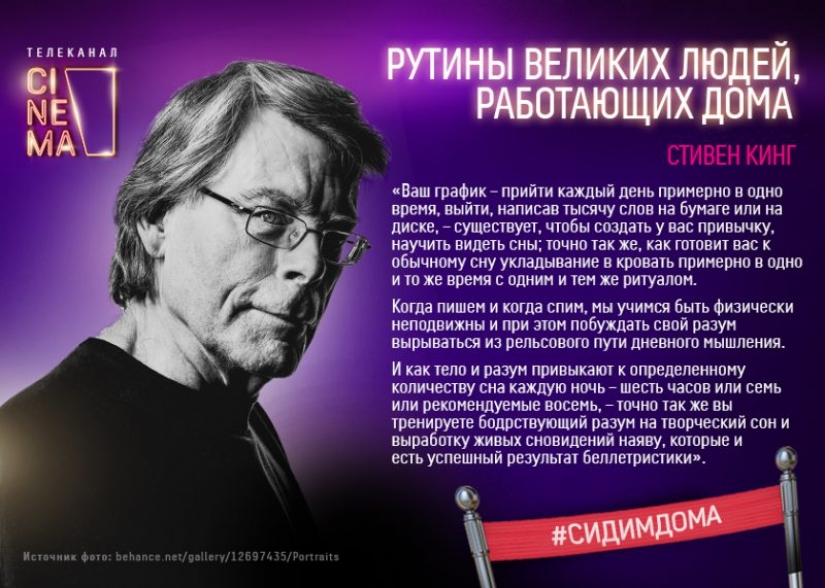
One of the most successful contemporary writers have created more than 50 novels and 200 short stories in the horror genre. Stephen king has an incredible capacity for work and never makes breaks. He does not allow himself to stop until we fulfill the daily rate of 2000 words (about 4 pages of text).
Steven sits down and writes at 8.00 to 14.00. The rest of the day king in free mode: reading books, watching TV, spending time with family or friends. In his autobiography, "How to write a book," king advises a special diet.
"Your schedule is to come every day at about the same time, to go out writing a thousand words on paper or on disk – exist, to create in you the habit, to learn to dream; exactly the same as preparing you to normal sleep going to bed around the same time with the same ritual. When I write and when I'm sleeping, we learn to be physically still and at the same time to encourage your mind to escape from the track day thinking.
And as the body and mind get used to a certain amount of sleep each night – six hours, or the recommended seven or eight, just as you train the waking mind to the creative sleep and the production of living dreaming, which is the successful result of fiction"
The talent of David Lynch multifaceted. He directed the world-famous Thriller, artist and photographer, and engraver, and composer. In the words of Lynch, his creative success and performance are of a very specific nature. Since 1973, he enjoys transcendental meditation (from lat. transcendens — "beyond"), borrowed from India the practice of "going beyond the human mind" which, in the opinion of the Director, increases creativity and productivity.
Meditation begins with the fact that the person sits on a flat surface and within 20 minutes with your eyes closed repeating to himself some mantra. Mantra is a specially selected sequence of sounds, phonemes and words in Sanskrit: the repetition, as I believe proponents of the technique, it affects the entire body. In fact, it is the sound therapy with concentration.
Where David Lynch was on set, on vacation, business trip or home — he always finds time for such activities. Meditation he calls "diving deep into yourself." In the book "Catch a big fish. Meditation, awareness, creativity," the Director wrote: "I meditate once in the morning and then again in the afternoon, each time for 20 minutes. And then go to do their business.
Once you start to do it and stick to the meditation very naturally fits into everyday life and helps us focus, gives a surge of creativity and happiness. Go beyond the usual boundaries, explore yourself, your essence and see what will happen."
American film Director, four-time winner of the award "Oscar" and author of numerous short stories and plays, shoots the film in a year and not dropped the bar for quality. One of the main secrets of its productivity — the ability to work in a comfortable rhythm. He does not recognize weekends and believes that the project takes work every day. When Allen does not eliminate, much of his time and energy goes into writing the script. The Director has developed several reliable techniques that help him in the story.
"Over the years I realized that the slightest sudden change stimulates the release of mental energy. If I work in one room, I need to go to another, it helps me. But if I go out on the street, it will be even better. If I take a shower too. So sometimes I shower more often than usual.
That is, if I'm in the living room and are stumped, I need to go upstairs and take a shower. I get a creative impulse. I stand under the jets of hot water 30-45 minutes, just pondering the idea and developing the plot. Then I get out, dry off, dress up and fall on the bed to think there."
All the books of Haruki Murakami — world bestsellers. When the Japanese writer working on novels, he gets up at four in the morning and write for six hours straight. In the second half of the day, he runs 10 miles and swim 1500 meters in the pool, reading and listening to music. At nine in the evening 71-year-old master goes to sleep.
"I adhere to such a regime every day, without deviation" — he said in an interview with the literary magazine "the Paris Review". "The repetition itself is important, it hypnotizes and enters into a trance. I immerse myself into a trance to access deeper layers of consciousness." In his book "what I talk About when I talk about running," Murakami writes:
"Today is the fourteenth of August, Sunday. Morning run – an hour. I ran and listened to on your MD player Carla Thomas and Otis Redding. In the afternoon I went to the gym and the local pool swam 1300 meters. For the first two weeks of August I ran exactly 150 miles. Physical strength is as necessary as artistic inspiration".
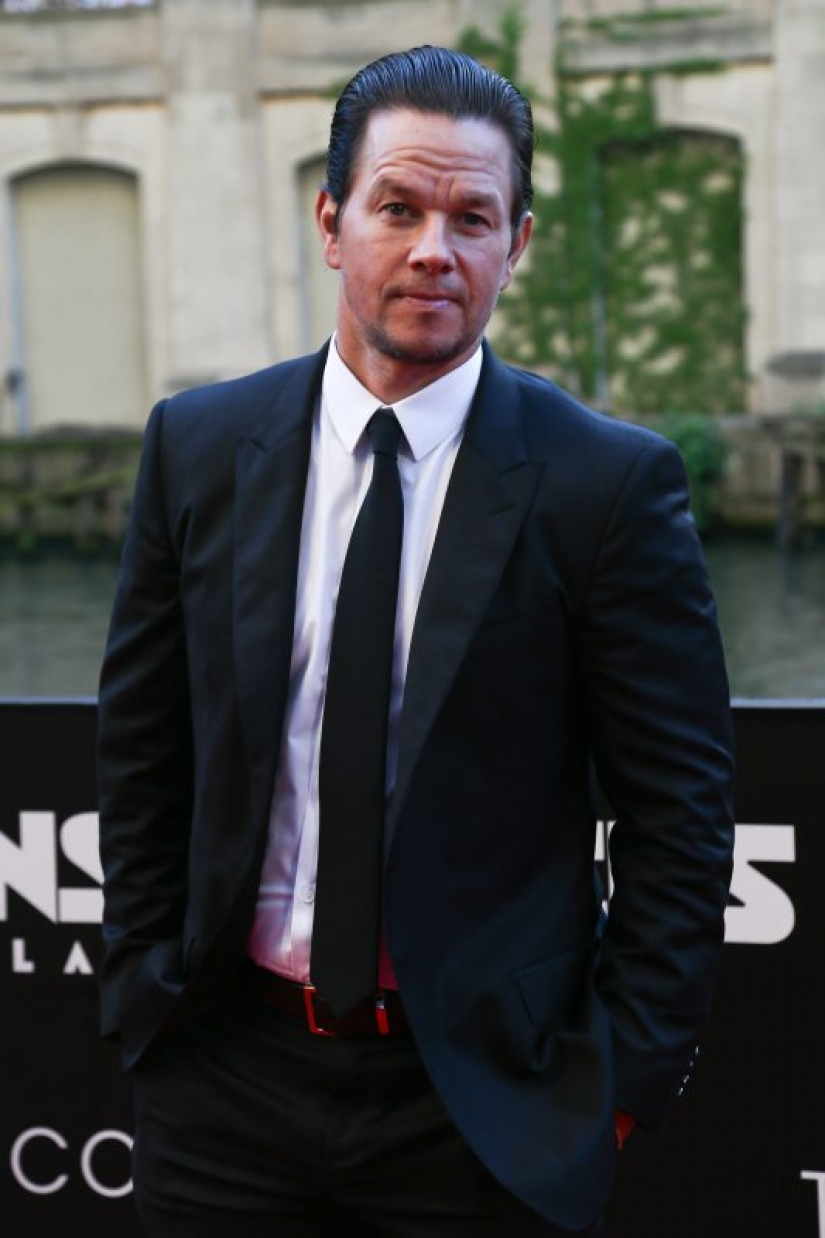
Perhaps the most "extreme" schedule of Mark Wahlberg. The star of "the Fighter", "the Departed" and "Nights in style bugi" wakes up at 2:30 and the first half hour of the new day prays. After a light Breakfast at 3:15 he begins a half-hour sports training, followed by a second Breakfast. Then a shower, a snack, a game of Golf and a session of cryotherapy – cold therapy with liquid nitrogen. In an interview with TV presenter Ellen DeGeneres Wahlberg spoke about the benefits of cryotherapy. "It is a great way to recover, it enables the body to relax and helps with sleep".
At 10:30 mark is making calls, conducting business meetings and already at 19:30 to go to bed. Your daily routine actor published in the "storis" of Instagram in August 2018. Wahlberg admits that an early start allows him to do everything.
"Most of the time I spend on the exercise and their cases accounted for the hours when my family is still asleep — this is especially true on the weekend. I already woke up, did the training, worked, played Golf, and my wife and children just waking up, so this schedule suits me fine. This is one of the great advantages of such an early rise."
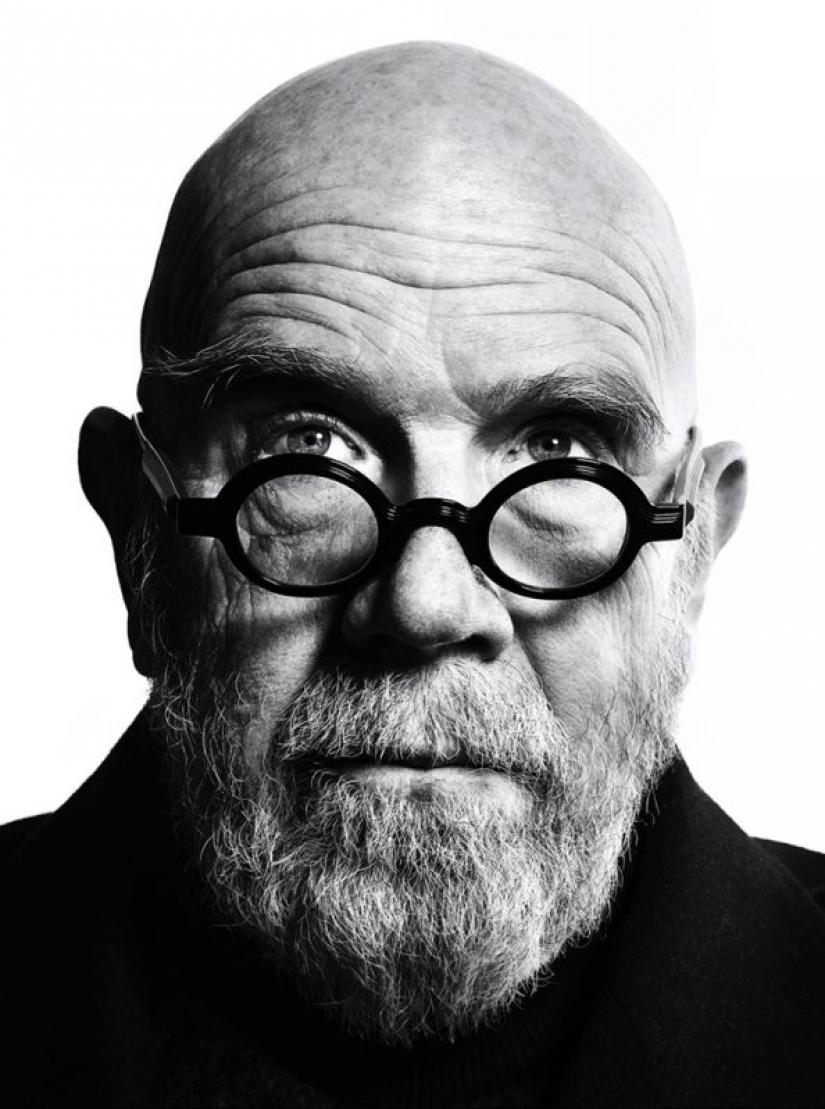
American painter and photographer Chuck close, one of the largest representatives of photorealism, holds somewhat radical position: inspiration is for Amateurs, professionals just get up and start working. Chuck prefers to work strictly 6 hours a day.
"I have always adhered to this schedule, especially since the kids were born. However, after more than three hours straight, I go nuts, so would prefer to work for three hours, break for lunch, back to work for another three hours – and that's enough. Sometimes you can work in the evening, but more often harmful than helpful. There comes a time when I make so many mistakes that the next day is spent on correcting them".
By the way, to create the artist likes under the TV or radio on.
"The best work I did under Watergate (a political scandal in the United States 1972-1974 years ended resignation of President Richard Nixon), "Iran — contra" (a major political scandal of the Reagan era in the United States that erupted around secret illegal supply of arms to Iran with the subsequent transfer into the hands of the Nicaraguan "contras"), as well as a discussion of the impeachment [of bill Clinton 1988-1989, approx. ed]. A little distraction from work — approx. ed.] is useful. Relieves anxiety. Everything seems pushed back a bit to the side, not as crushes."
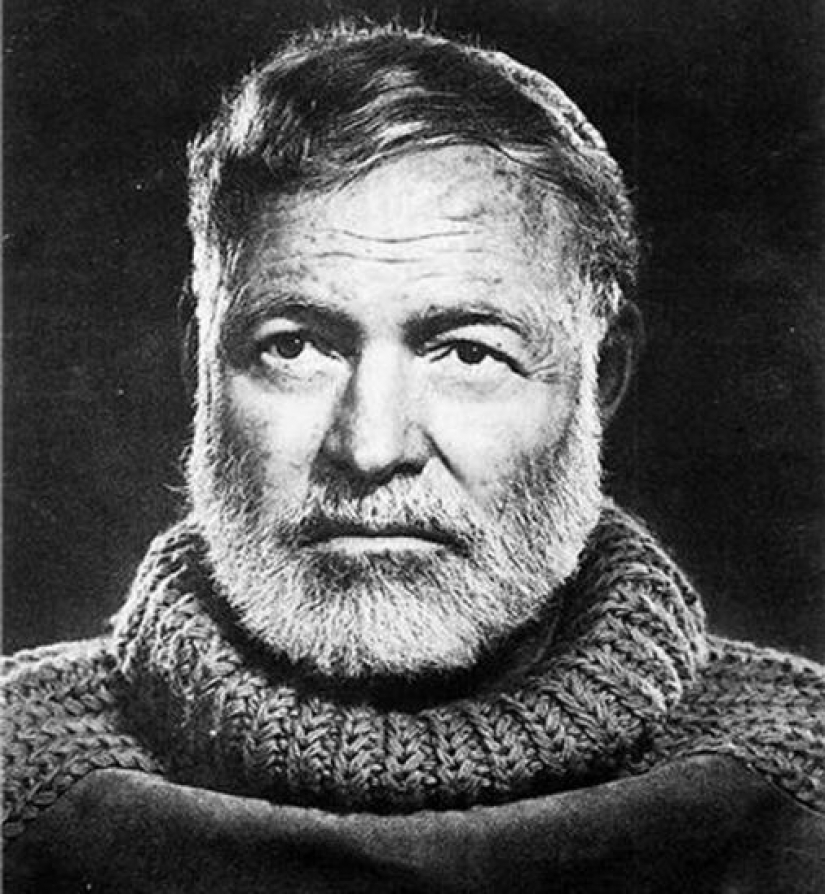
One of the most famous American writers, winner of the Nobel prize for literature and Pulitzer prize winner Ernest Hemingway woke up at 6 a.m. and immediately set to work. Some stories, like "the Killers," "Ten Indians" and "Today is Friday" was written in one day. In an interview with George Plimpton editor of the journal "Paris Review", Hemingway shared his secret, helping him to create.
"Working on another book or story, I start writing with the first rays of light, when no one can bother you. At this time, it's still a bit cool and you're warm in the process. You write further that moment when you still have strength and you know exactly what will happen next. Then stop and live it until tomorrow."
Hemingway did not allow anyone to invade personal space. He was sure: "the Telephone and visitors are ruining the work." Tonight he's recording his daily successes to the table. Plimpton described the creative process of the writer: "Hemingway writes standing up. In front of him — the typewriter and message Board at chest level. A large table made of cardboard wall of a box, it keeps a record of my small successes, which eventually turned into large masterpieces.
The figures in the table show total daily output, measured in number of written words that vary from 450, 462, 1250, back to 512, the best results were made in the days when Hemingway took extra work to the next day not to feel guilty because he spent time fishing in the Gulf stream."
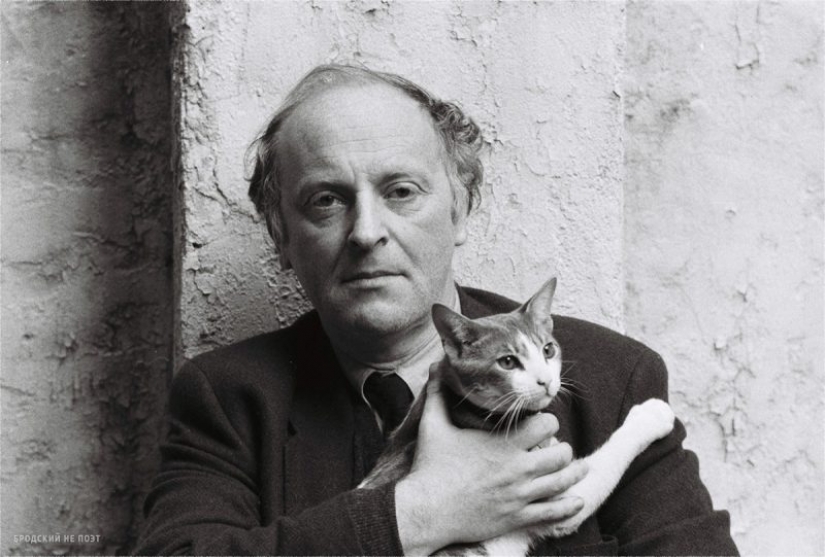
Nobel laureate, playwright, translator and poet, vlyubivshis in his poems the whole world, Joseph Brodsky prefer to work in solitude.
In an interview with Sven Birkerts ( December 1979) writer said: "I have Never had about this distinct idea which came when I got to the States and ended up in complete isolation. The idea of loneliness attracts me more. Good to know that you are..."
In exile, Brodsky lectured at top universities, a few taught Russian and American literature, and often worked from home.
Interview with Dmitry Radyshevsky. The newspaper "Moscow news", No. 50, July 23, 1995.
"In the early eighties I wrote to fifty or sixty verses in a year. Now I write ten or fifteen. I Wake up, drink coffee and see what I have on the table. Basically there is not what we would like. Or the letter to be answered, or book that you need reviewed, or the speech will need to say. I would prefer to sit down and start scratching his poems, but the older you get, the harder your life is. If invited to dinner, often refuse. In the movies rarely go, sometimes jazz.
In my life the last years there has been so many invasions that I have almost no time to do what I want. And I have to carve out, to grab time wherever possible. Sometimes it turns out to be more fruitful than the release. Stay home and read. And not because I am the scribe. Just books quite often more interesting than what is outside."
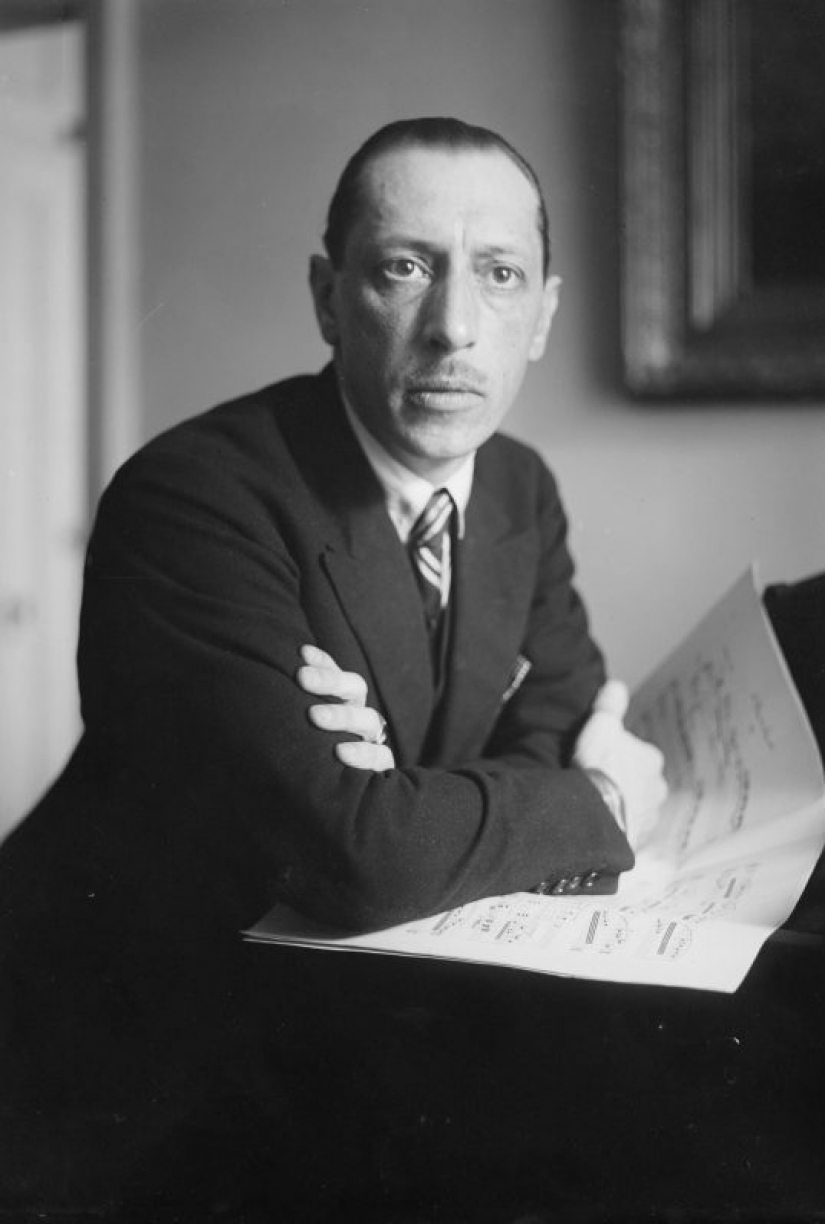
Igor Stravinsky had a rare work ethic. He could work 18 hours without a break. And even at the age of 75 had a 10-hour day before lunch, the composer 4-5 hours was engaged in writing music and in the afternoon 5-6 hours dedicated to the orchestration. Before you begin, Stravinsky closed doors and Windows of his office. It helped him to focus. In the book "Chronicles of my life", the composer wrote: "I was able to compose only in the confidence that no one can hear me. If there is fatigue, helped headstand. This inverted posture gives rest to the head and clears the brain".
Stravinsky believed that art is based on the order. The composer liked to write, put himself in the strict confines of the regime, and the closer they were, the more inflamed inspiration.
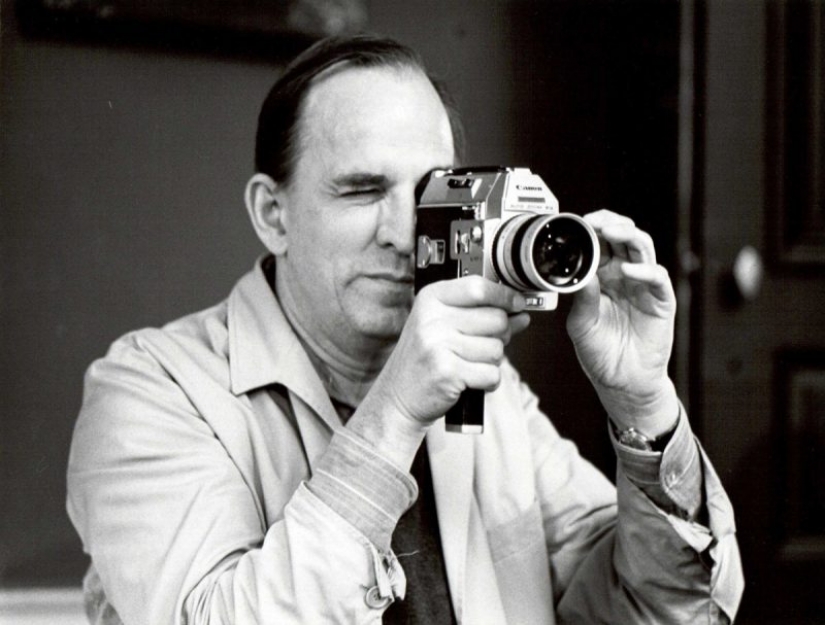
On the creation of films directed by Ingmar Bergman worked at home, in seclusion, on a small island of Faro, in the Baltic sea, North from Gotland Swedish. Decades he followed the same routine: Wake up at 8:00, then work on the script from 9.00 a.m. to noon and lunch. After lunch, Bergman worked from one o'clock to three, and then arranged hour quiet hours.
Then the Director was going for a walk or sat on the ferry to the neighbouring Islands to get the newspaper or mail. In the evening he read, met with friends, watched a movie from his vast collection or listening to music. And the most diverse — from Bach to "the rolling stones".
In his autobiography "Laterna Magica" ("Magic lantern"), Bergman wrote: "so, my job is to manage text, and work time. I am responsible for the fact that days was not entirely pointless. I am not just a person with their personal care. I observe, record, stating that control".
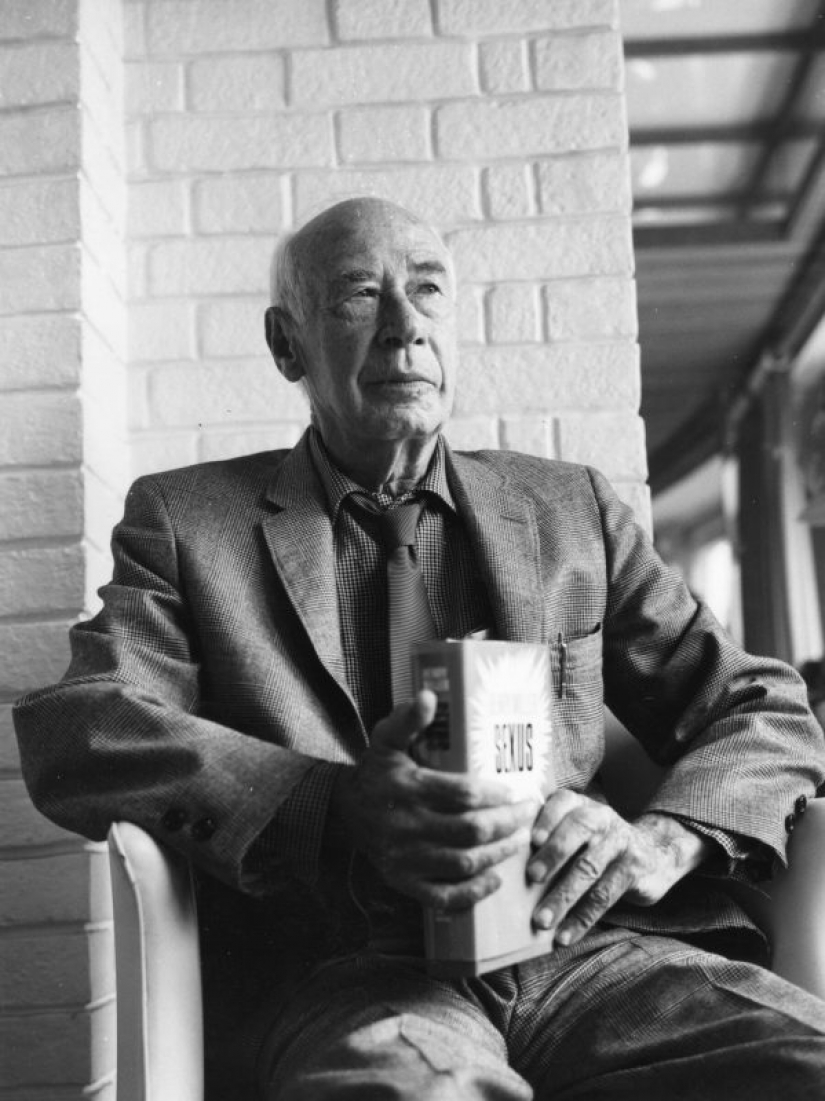
In 1932, while working on a novel "tropic of Cancer" Henry Miller has created a creative routine. The routine was subordinated to the plan, which helped to maintain the productivity, inspiration, and mental health. In his Autobiography Henry wrote: "my friend, who lives in Paris, Alfred Perl, has its own unique method. He puts on the Desk watch and says to himself: "I'm going to write forty-five minutes." Passed forty-five minutes and he stops writing.
I also disciplined myself. Morning: if not in the mood, then write and organize notes. In any other case get to work. Day: work on a specific part of the material. Don't let yourself be distracted. Write until until I finish this part. Evening: go out with friends and read books. Take a walk in unknown places: to walk, if the rain on the street, on Bicycle if dry. Write, if you are in the mood. Draw, if you feel tired and exhausted.
Note: leave some time for unplanned trip to the Museum, create a new sketch or a bike ride. Do sketches everywhere: in cafes, in trains or on the street. See less movies! Once a week visit the library."
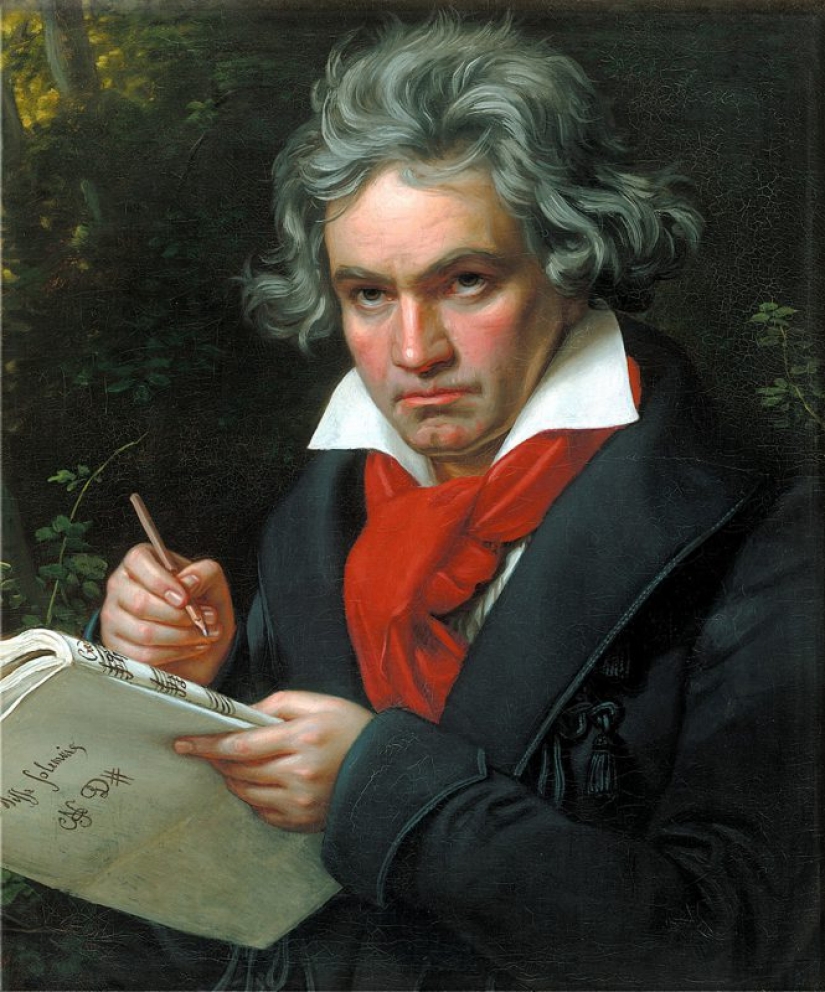
One of the greatest and most performed composers in the world woke up at dawn at 6:00. After waking up Ludwig van Beethoven for half an hour, Breakfast, brewing some very strong coffee. Contemporaries recalled that the composer had a special recipe for the drink: it was necessary to prepare from exactly 60 beans.
After drinking coffee, the composer sat down to work and wrote till two or three hours without interruption. After dinner, the composer went on a long walk, which occupied almost the entire rest of the day. In the evening he went to the pub and read the papers. To bed he went strictly until 21:00.
Keywords: Actor | Life | People | Thoughts | Writer | Fate | Lesson | Quote
Post News ArticleRecent articles

This kotmadam not sorry neither forces, nor means to that beloved furry face was happy. In Switzerland, the cats are so sensitive ...

What comes to mind when you mention St. Petersburg? Naturally, the unique architecture, the dank weather and the culture that this ...
Related articles

There was in the world, in the United States of the late 1940s, years nurse. And her name was Dorothy Bradley. Poor Dorothy weighed ...

In 1947, LIFE magazine photographer Alfred Eisenstadt took a series of photographs at the Swiss resort of St. Moritz, an island of ...

We present two dozen helpful little tricks that help to keep the house clean and defeat of trouble, like stains, odors or ...

From the outside it seems that success comes easily. But in fact, behind it there is usually hard work, many failures and, often, ...